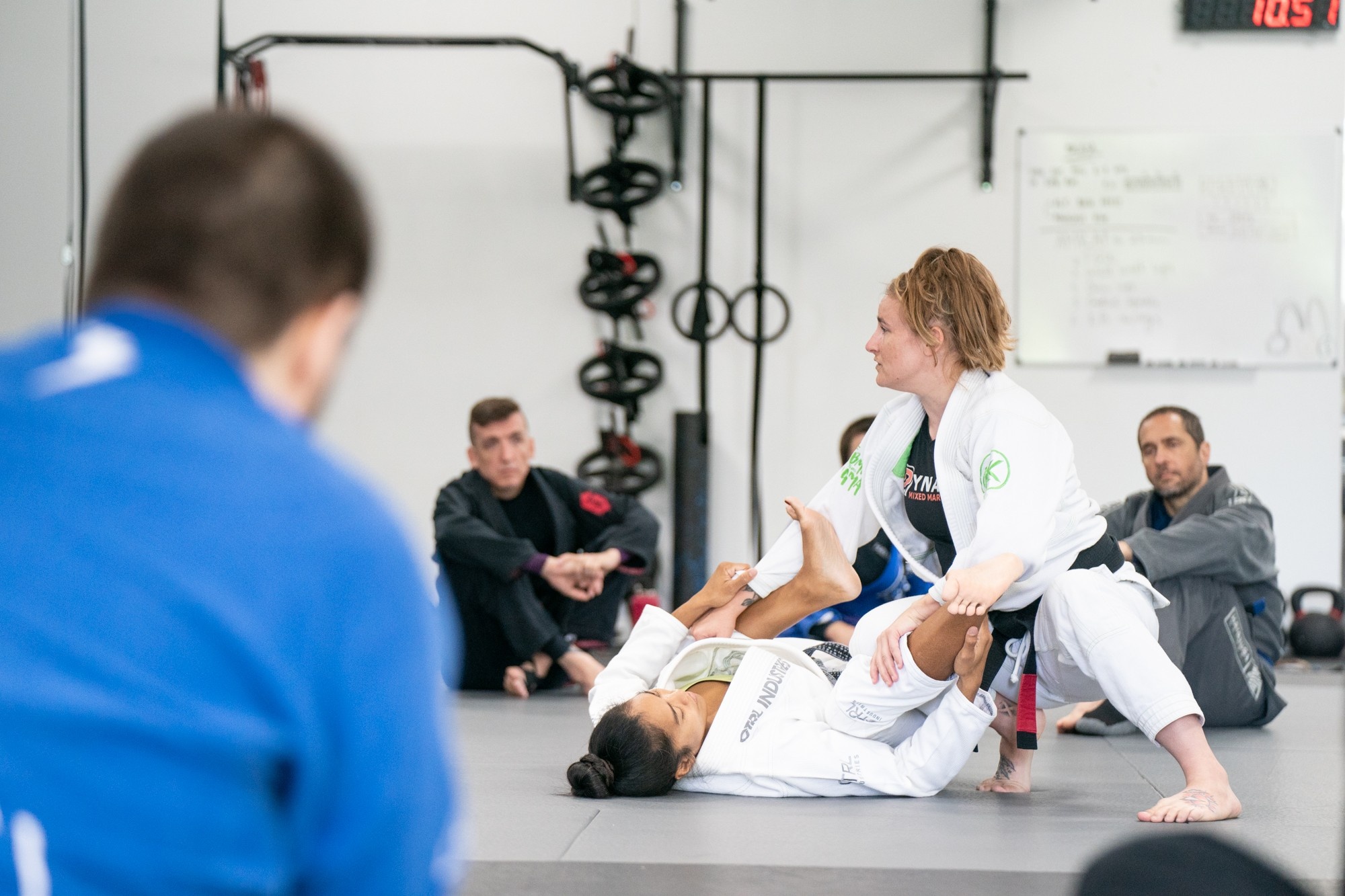Is Muscle Memory a Myth? Understanding the Science and Application in Jiu Jitsu
Jun 28, 2024
Muscle memory is a term often thrown around in the athletic world, but what does it really mean? Is it just a myth, or is there real science behind it? Let’s explore the idea of muscle memory, clear up some myths, and see how it applies to your jiu jitsu training.
The Myth of Muscle Memory
"Muscle memory" might sound like your muscles can remember movements. But that's not quite right. The real magic happens in your brain and nervous system, not in the muscles themselves.
The Brain's Role in Muscle Memory
From a neurological perspective, muscle memory is about how your brain learns, stores, and remembers motor skills. Here’s how it works:
Repetition as memorization: Practicing movements over and over strengthens the neural pathways in your brain that control those movements. This makes it easier for your brain to activate these pathways, leading to more automatic execution of the skills.
- In jiu jitsu, this means drilling techniques like guard passes or submissions until they become second nature during a match.
What to use and when: The motor cortex, the part of your brain that plans and controls movements, changes to make practiced movements more efficient and coordinated.
- When you practice transitions and escapes regularly, your brain gets better at performing these moves smoothly and quickly during sparring.
Doing it without thinking: Muscle memory is part of procedural memory, a type of long-term memory that helps you do tasks without thinking about them. This kind of memory is crucial for activities that need fine motor skills, like playing an instrument or performing jiu jitsu techniques.
- This allows you to execute complex jiu jitsu sequences, like chaining submissions, without having to think about each step.
There's a Better Way!
A different way of thinking about muscle memory is having a more game-like approach. Sparring jiu jitsu is unpredictable and your opponent's moves make your options constantly change. So you have to be adaptable and make good decisions. Bring in the ecological approach! It emphasizes how you interact with your environment and adapt to different situations. This is super important because:
Real-World Application: Skills learned in a static, unchanging environment don't help you choose what to do and when in the dynamic, unpredictable world of a jiu jitsu match. The ecological approach makes sure you're ready for anything.
Adaptability: By training in varied conditions, you become better at adapting your skills to different opponents, environments, and scenarios. This flexibility is key to success in jiu jitsu.
Engagement: Training with the ecological approach keeps things interesting and engaging. You’re not just repeating the same moves; you’re constantly learning and adapting, which makes training more fun and effective.
The Ecological and Constraints-Led Approaches
To really understand muscle memory, we need to look at it through the ecological and constraints-led approaches. These ideas emphasize how athletes interact with their environment and adapt to different situations.
Adaptation Over Repetition: Repeating the same movements over and over for its own sake is old news. Effective skill acquisition involves adapting to different situations and environments, not just repeating movements. This makes the skills stronger and more useful in various contexts.
- In jiu jitsu, practicing with partners of different sizes and skill levels helps you adjust your techniques to be effective against a variety of opponents.
Perception-Action Coupling: Skillful movement happens when perception and action work together smoothly. Scanning for opportunities and choosing a path based on this information and so on. Muscle memory involves your brain’s ability to see important cues in the environment and respond with the right actions.
- Developing the ability to read your opponent's movements and react instantly with the right counter-move is crucial in high-level jiu jitsu.
Applying These Concepts to Jiu Jitsu
At Train Ya Mind, I believe in practical application. Here’s how you can use these ideas in your jiu jitsu training:
Diverse Training Scenarios
Practice in different and realistic conditions to develop adaptable motor skills. This could involve training with different partners, at different levels of fatigue, or in various environments.
Focus on Process
Emphasize the process of learning and adapting rather than just the outcome. This aligns with setting intentions that focus on present actions and mindset. Concentrate on how you perform each technique and adjust your approach based on feedback during drills, rather than focusing only on winning each sparring round.
Reflect and Adapt
Regularly reflect on your training experiences to understand how you adapt to different situations. Use these reflections to continually improve your skills.
After each training session, take a few minutes to note what worked well and what didn’t, and plan adjustments for your next session to keep getting better.
Convinced?
While the term "muscle memory" can be misleading, the idea behind it is real. It’s about the brain’s ability to learn and automate motor skills through practice and adaptation. Feel free to reach out for more personalized coaching or explore the online courses to enhance your mental skills.
Get your FREE guide on setting intentions for competition!
Learn how to set clear and powerful intentions to arrive matside authentically.
Click on the button below to enter your email and receive your free guide to take the first step towards mastering your mental game.

